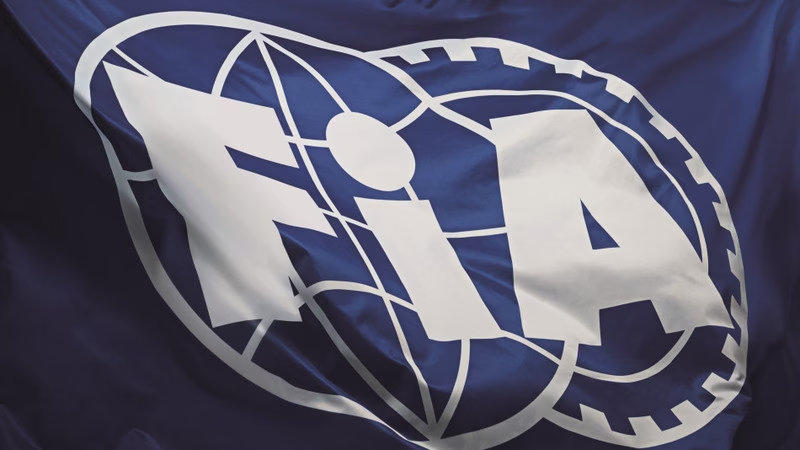The FIA World Motor Sport Council shared regulations updates for the 2025 & 2026 seasons of the FIA Formula One World Championship on Thursday in Paris.
The FIA World Motor Sport Council reunited in Paris on Thursday to discuss different matters with its World Council members.
Following the meeting chaired by President Mohammed Ben Sulayem, the council announced minor changes for 2025 while “significant updates’ on technical, sporting, and financial regulations for the 2026 FIA Formula One World Championship have been approved.
“The regulation changes for Formula 1 in 2026 will ensure the sport remains financially robust and has greater road relevance, alongside the introduction of upgraded safety features that do not compromise exciting racing,” the President said.
“My thanks to Stefano Domenicali for our continued partnership as we progress the first joint strategy for the future of Formula 1.”
The regulatory changes approved by the council for 2025 establish the bonus point currently awarded to the driver who sets the fastest lap in a Grand Prix (finishing in the top 10) will be removed.
Moreover, the requirement for fielding a young driver during free practice will increase from once per season to twice.
2026 Formula 1 Regulations Restructured
New regulations will come into effect in 2026, encompassing various sections of the FIA Formula 1 World Championship, aiming for “clarity and consistency.”
Sporting Regulations (Section B)
According to the updates presented, the sporting regulations will see the introduction of measures ‘to regulate the energy management of the Power Units as well as the management of the adjustable aerodynamics, which will involve the deployment of the “straight-line mode” (low drag) and the “cornering mode” (high downforce).’
In addition, three pre-season tests of three days each will take place in 2026 to account for the new power units.
Technical Regulations (Section C)
A “strong” collaboration between the FIA, FOM, and the Formula 1 teams led to enhancements to the aerodynamic regulations.
According to the FIA, it will result in a “higher performance from the cars while maintaining management of the wake characteristics to promote close and exciting racing.”
Financial Regulations (Section D)
Capitalizing on the experience gained by the FIA, Formula 1, and the teams since its first introduction in 2021, a restructure of the financial regulations has been approved.
A “significant effort” has been…
Click Here to Read the Full Original Article at Racing News Articles…

